CCEP
The “Citizen’s Commitment for Earth’s Protection” (CCEP) project is focused on championing pro-environmental behavior and promoting sustainable living on a global scale. Arif Lemani’s innovative approach addresses the root causes of climate change and biodiversity loss by leveraging successful development paradigms. This method engages individuals and communities through grassroots behavior change, focusing on sustainable practices and collective action. Central to this approach are principles of behavioral economics, particularly the concept of “nudging,” which subtly guides individuals toward more conscious consumption choices and sustainable practices.
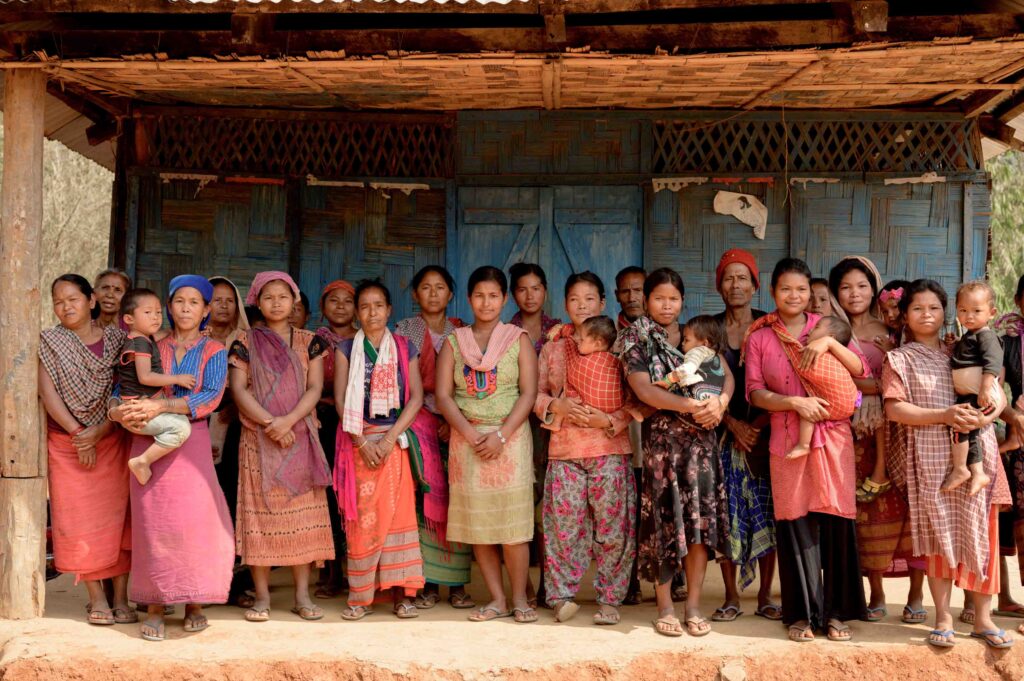
The project employs Community-Based Social Marketing (CBSM) techniques to identify barriers to sustainable behavior and develop targeted strategies to overcome them. By understanding the psychological factors that influence decision-making, the CCEP project runs interventions such as sustainable living programs to foster lasting changes in daily life. Additionally, it incorporates the “Circular Economy” model to encourage waste reduction, recycling, and upcycling practices among individuals and communities. These proven models cultivate a sense of responsibility and ownership over environmental protection, ensuring that interventions are both effective and scalable. The project’s impact is amplified through partnerships with local governments, businesses, and non-profits, creating a network of committed stakeholders united in achieving a shared goal.
Background
Unsustainable patterns of consumption are the root causes of climate change and biodiversity loss. Today, the sources of pollution have shifted from production to consumption processes. Growth in consumption and unbalanced consumption patterns have placed unprecedented pressure on the environment. There is an increasing need for public participation due to the recent change in sources of environmental problems. The acceptance of pro-environmental behavior by the public, that is, to adopt a sustainable lifestyle, is an urgent issue in protecting the environment. The increase in the participation of citizens will reduce apathy towards the environment. The legal frameworks would be more respected and economic mechanisms would be more accepted thus increasing their effectiveness.
Recognizing the shift in pollution sources from production to consumption processes, the project emphasizes the importance of public participation in adopting pro-environmental behavior. The project addresses the urgent need to combat climate change and biodiversity loss resulting from unsustainable consumption patterns and anticipates significant outcomes, including increased individual climate action, improved educational curricula, heightened environmental consciousness in children, and the delivery of climate change education.
Objectives of the Project
Cultivating Pro-environmental Behavior
- Address the lack of awareness regarding environmental impact by implementing educational campaigns and workshops tailored to the diverse demographics of the project area.
- Provide accessible and easily understandable information about sustainable living practices, particularly targeting marginalized communities, to overcome barriers to behavior change.
- Challenge and reframe cultural norms and practices that perpetuate unsustainable behaviors through community engagement and awareness-building initiatives.
Empowering Individuals for Climate Action
- Enhance education and awareness about climate change and its implications, particularly targeting children and adults, to empower them with the knowledge and motivation to take meaningful action.
- Provide resources and support systems to overcome barriers such as limited access to information and financial constraints, enabling individuals to implement sustainable practices effectively.
- Address psychological barriers to behavior change, such as inertia and perceived inconvenience, through targeted interventions and behavior change campaigns.
Delivering Quality Climate Change Education
- Develop and distribute educational materials and resources that fill gaps in existing curricula, ensuring comprehensive coverage of climate change topics relevant to the local context.
- Provide teacher training and capacity-building initiatives to equip educators with the skills and knowledge necessary to effectively deliver climate change education and engage students.
- Increase student engagement and interest in environmental issues by adopting innovative teaching methods and experiential learning approaches that resonate with diverse learning styles.
Promoting Waste Reduction and Landfill Diversion
- Raise awareness about the importance of waste reduction and provide incentives for participation in recycling and upcycling initiatives to overcome economic barriers and promote sustainable waste management practices.
- Collaborate with local authorities and businesses to implement policies and initiatives that support waste reduction efforts and create a culture of environmental responsibility.
Building Partnerships and Stakeholder Engagement
- Foster collaboration and coordination among diverse stakeholders by addressing communication and coordination challenges through regular meetings, joint planning sessions, and information-sharing platforms.
- Advocate for increased institutional support and resources for environmental initiatives by demonstrating the importance and impact of collaborative efforts in addressing environmental challenges.
- Strengthen partnerships with government agencies, NGOs, businesses, and community organizations to leverage collective expertise, resources, and networks for greater effectiveness in achieving environmental goals.
Planned Measures
The planned measures outlined below represent a comprehensive and integrated approach to achieving the project objectives. By combining education, awareness-building, capacity-building, and community engagement, the project aims to create lasting positive change for both people and the planet.
Sustainable Living Program
The Sustainable Living Program is a multifaceted initiative aimed at promoting sustainable practices among individuals and communities. It recognizes that unsustainable consumption patterns are significant contributors to environmental degradation, including climate change and biodiversity loss. The program adopts a holistic approach, targeting both awareness-building and behavioral change.
Components of the Sustainable Living Program:
Education and Awareness: The program conducts workshops, seminars, and awareness campaigns to educate participants about the environmental impacts of their consumption choices. It emphasizes the importance of adopting sustainable practices in everyday life, such as reducing energy consumption, minimizing waste generation, and supporting eco-friendly products and services.
Capacity Building: Beyond awareness-raising, the program focuses on building the capacities of individuals and communities to implement sustainable solutions. This includes providing practical guidance on how to make eco-conscious decisions, access resources for sustainable living, and overcome barriers to behavior change.
Data-driven Approach: To ensure effectiveness, the program utilizes data-driven methods to tailor interventions to the specific needs and preferences of participants. By collecting and analyzing information about participants’ awareness levels, consumption behaviors, and preferences, the program can develop targeted strategies for maximizing impact.
Community Engagement: Recognizing the importance of community involvement, the program fosters a sense of collective responsibility and action. It encourages participants to share knowledge, experiences, and best practices with their peers, creating a supportive environment for sustainable living.
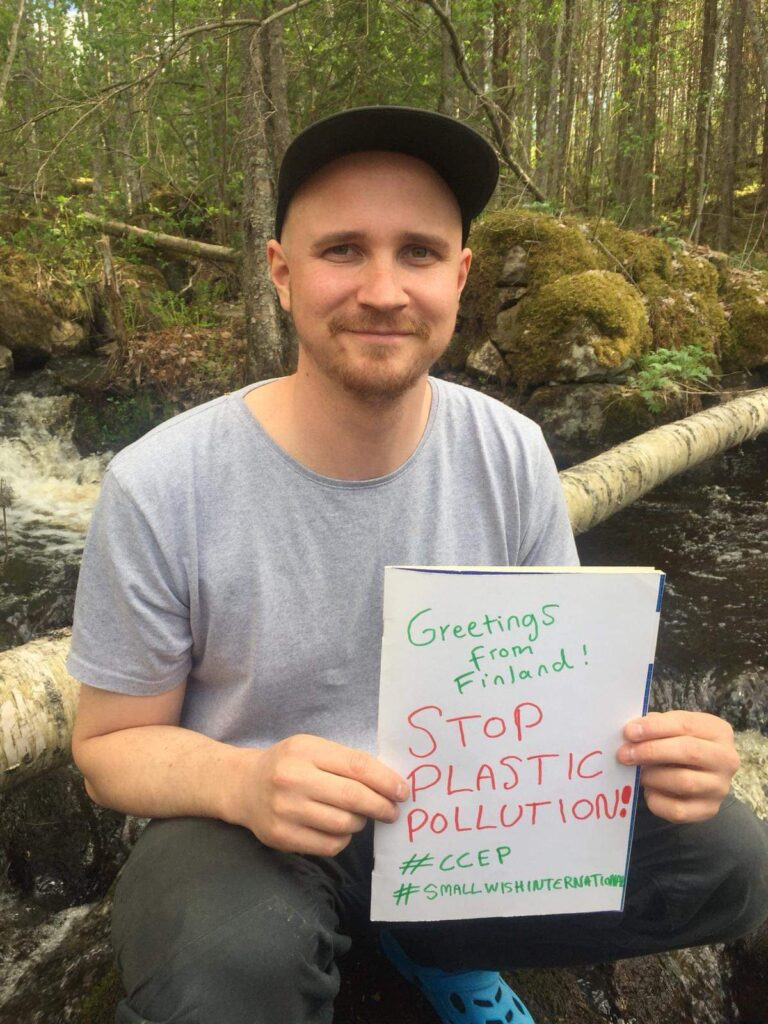
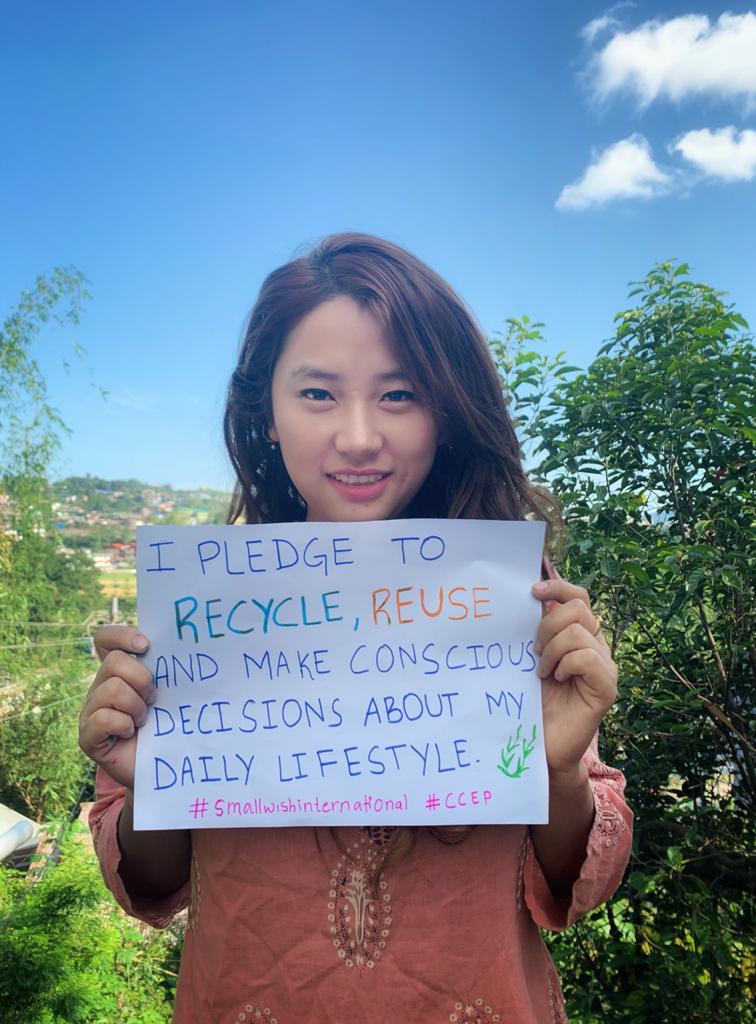
Super Class
The Super Class Initiative represents a pioneering effort to integrate environmental education into the school curriculum, starting from the earliest stages of childhood development. Recognizing the critical role of education in shaping attitudes and behaviors, the initiative aims to cultivate a generation of environmentally conscious citizens who are equipped to address pressing environmental challenges.
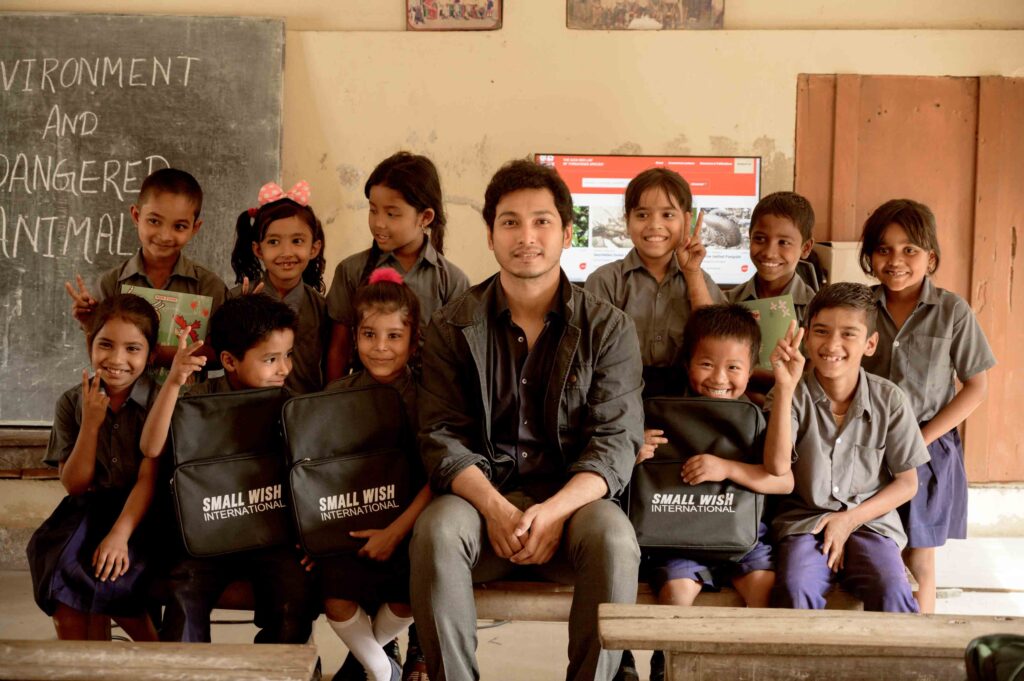
Key Features of the Super Class Initiative:
Comprehensive Curriculum: The initiative develops a comprehensive curriculum that covers a wide range of environmental topics, including climate change, biodiversity, ecosystems, conservation, and sustainability. Lessons are designed to be engaging, interactive, and age-appropriate, catering to the unique learning needs of students.
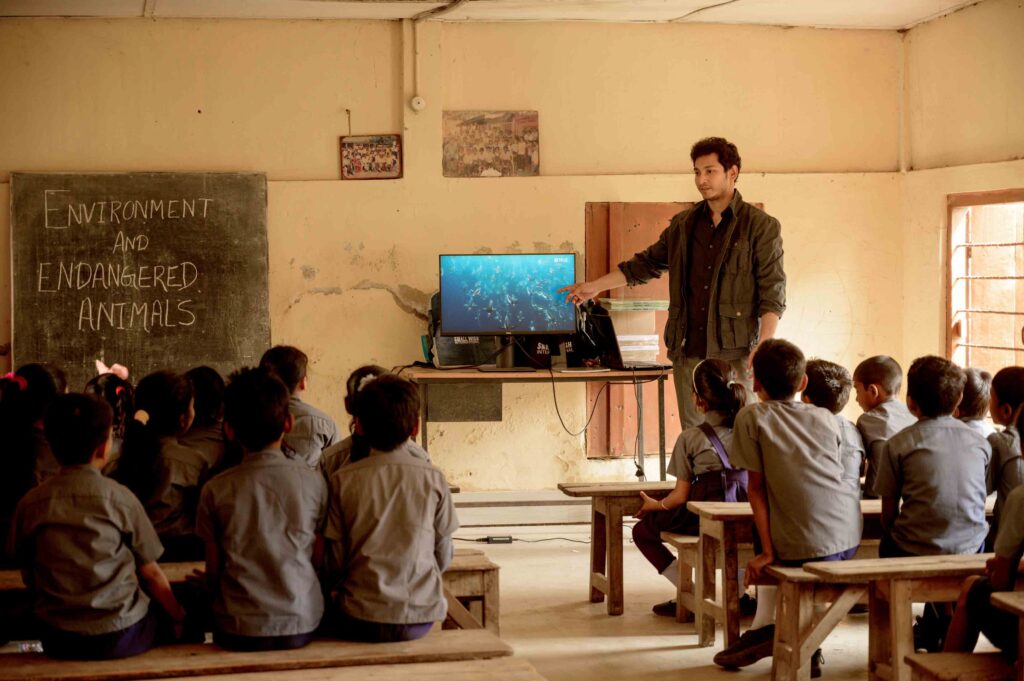
Innovative Teaching Methods: To captivate students’ interest and facilitate learning, the initiative employs innovative teaching methods, such as experiential learning, storytelling, hands-on activities, and multimedia presentations. By making learning fun and interactive, the initiative aims to instill a lifelong passion for environmental stewardship.
Teacher Training and Support: Recognizing the pivotal role of teachers in delivering environmental education, the initiative provides comprehensive training and ongoing support to educators. Training programs cover not only subject matter content but also pedagogical approaches, classroom management techniques, and resources for teaching environmental topics effectively.
Community Engagement: The initiative actively involves parents, caregivers, and the broader community in supporting environmental education efforts. It organizes community events, workshops, and outreach activities to raise awareness, promote collaboration, and foster a sense of shared responsibility for environmental conservation.
EWS Sale
The EWS Sale initiative is a pioneering endeavor aimed at reducing waste and promoting sustainability through creative upcycling. By repurposing discarded materials into valuable products, the initiative not only diverts waste from landfills but also contributes to environmental conservation and social impact.
Key Features of the EWS Sale:
Upcycling Workshops: The initiative conducts hands-on workshops to train individuals in upcycling techniques, empowering them to transform everyday items into unique and functional products. Through these workshops, participants learn the art of creative reuse and contribute to reducing waste in their communities.
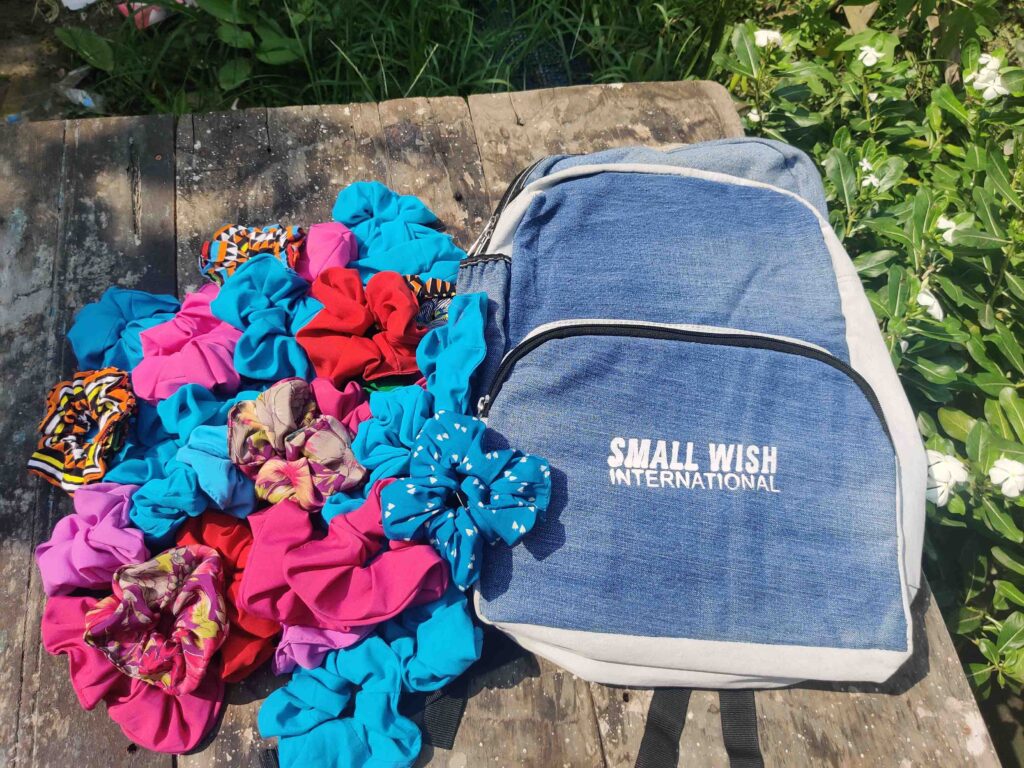
Product Development: Working collaboratively with designers and artisans, the initiative develops a diverse range of upcycled products, including clothing, accessories, home decor items, and more. These products are not only environmentally friendly but also stylish, affordable, and accessible to all.
Market Access and Promotion: To promote upcycled products and encourage sustainable consumer choices, the initiative collaborates with local retailers, online platforms, and community events. Through marketing campaigns and outreach efforts, the initiative raises awareness about the environmental benefits of upcycling and encourages support for sustainable businesses.
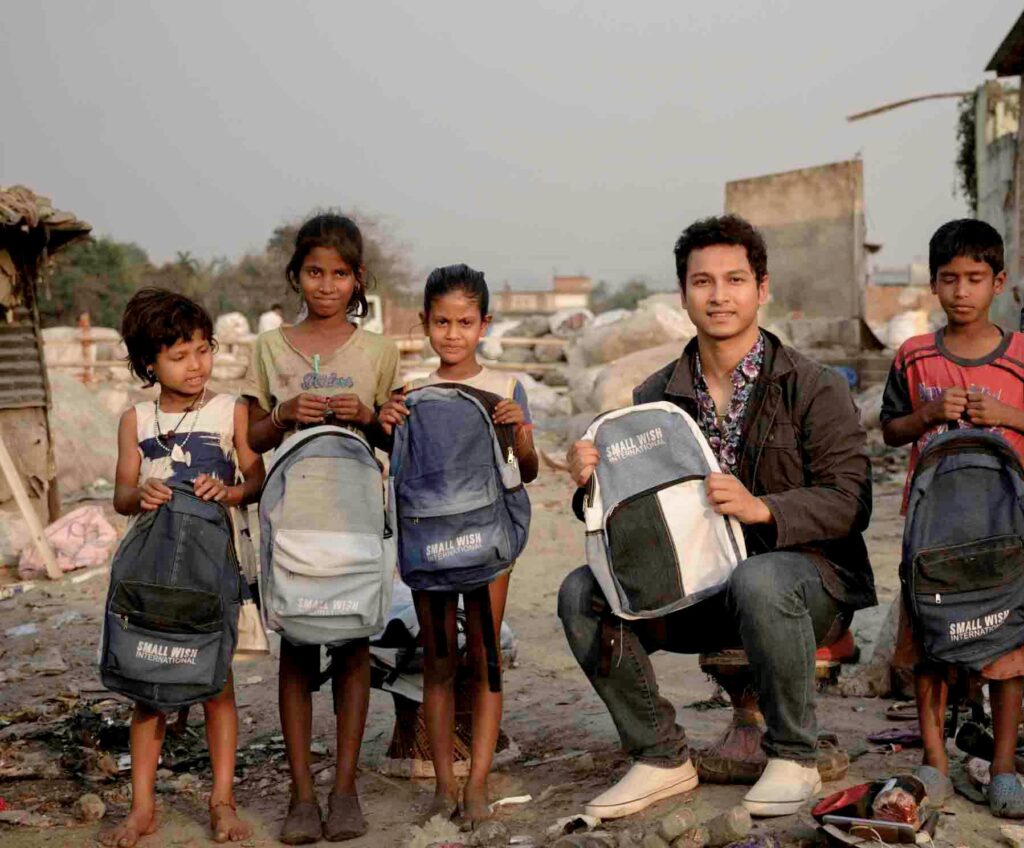
Donation to Underprivileged Sections: As part of its social commitment, the initiative donates a portion of the upcycled products to underprivileged sections of society. These donations aim to provide essential items and support to those in need, while also promoting the value of reuse and resourcefulness.
Community Engagement: The EWS Sale initiative actively engages the community through participatory events, educational workshops, and outreach activities. By involving people from diverse backgrounds, the initiative fosters a sense of shared responsibility for environmental stewardship and social welfare.